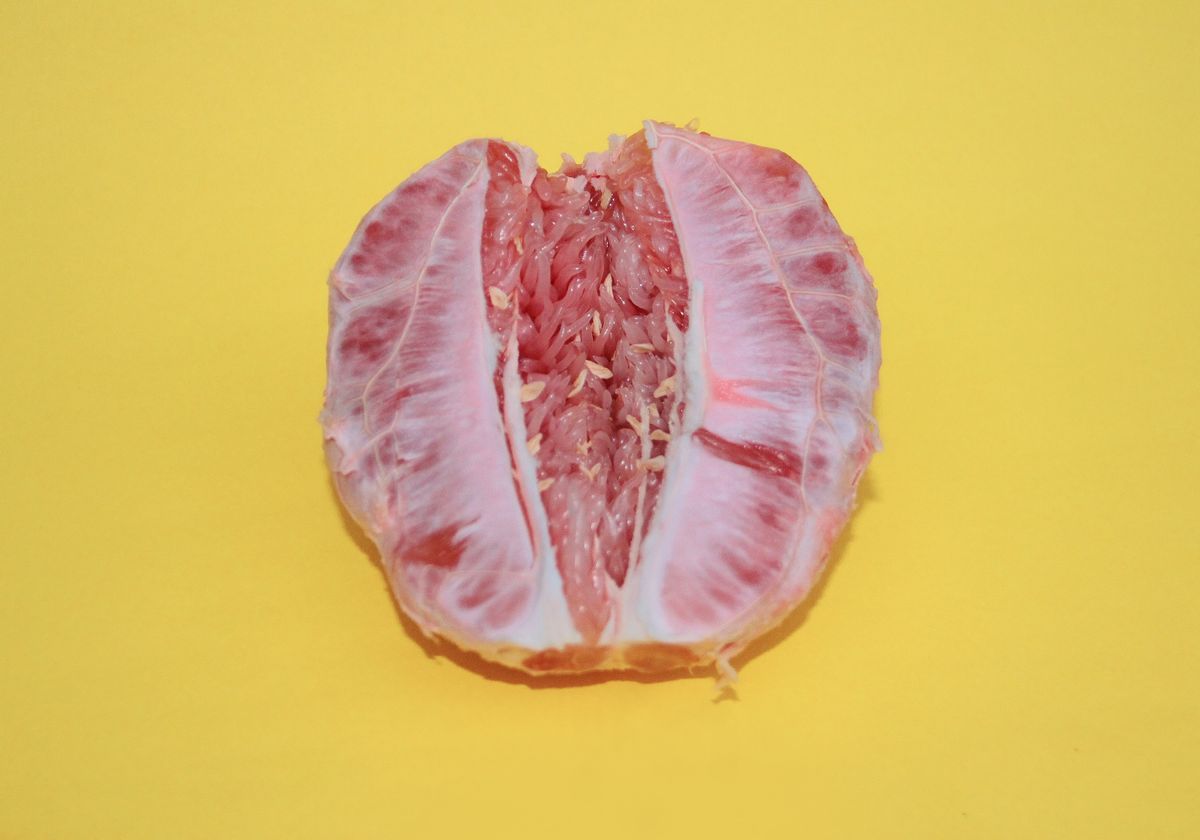Polycystic ovarian syndrome (PCOS) is one of the most common endocrine disorders in females, affecting 8% to 13% of women. In a study conducted in Mumbai, 22.5% girls in the age group of 15 to 25 years suffered from PCOS. The possible causes of PCOS are genetics, epigenetic, obesity, unhealthy lifestyle and even pollution.
Signs and symptoms: PCOS is called a syndrome as it is a combination of various signs and symptoms in the body such as Acne, Alopecia(hair loss), Hirsutism (hair growth on face and body), acanthosis nigricans (thick velvety dark discoloration of body folds and neck), obesity and irregular menstrual cycles . Raised androgen levels (male hormones), raised insulin levels due to insulin resistance, or appearance of tiny cysts in the ovaries detected on ultrasonography are commonly seen. . Insulin resistance is one of the main reasons behind skin manifestations of PCOS. When the cells in your muscles, fat and liver do not respond well to the existing insulin hormone in your body, they cannot use glucose from your blood for energy. As a result, the pancreas tries to compensate by producing more insulin resulting in raised sugar levels over time.
There may be some patients with normal weight and are known to have lean PCOS. A person suffering from PCOS need not necessarily have all the signs and symptoms of PCOS.
Management: Diet and lifestyle modifications are among the first-line treatments for PCOS. Acne, hairfall, acanthosis and even hormone levels resolve by a great degree just by changing one’s lifestyle. Weight loss of up to 5 – 10 % of the body weight will improve both symptoms of PCOS as well as the fertility rate .High fiber food with low glycemic index such as green leaves, seeds and whole grains act as antioxidants which fight to lower inflammation, better gut bacteria and lower insulin levels.
Lean protein in the form of fish, skinless chicken and plant protein sources will help in weight loss which in turn decreases androgen levels responsible for hirsutism, cystic acne or even irregular menstrual cycle.
Sugar in any form and refined flour should be strictly avoided. These are great for the palate but increase insulin resistance.
Alcohol can cause zinc deficiency, inflammation and fatty liver, all indirectly leading to an imbalance in hormones, triggering the symptoms of PCOS.
Smoking increases free testosterone and is detrimental to those with PCOS.
In adults and adolescents with PCOS, strict physical activity sessions for at least 30min/day or 150min/ week are recommended. This will help in weight loss and will also help maintain a BMI < 24 . A raised BMI does not allow insulin levels to come down resulting in persistence of the symptoms of PCOS.
Stress can aggravate your cortisol hormones which in turn will increase insulin resistance. It would be a good idea to engage in meditation, yoga or anything that helps you cope with stress. Disturbed sleep as well late nights will alter the cortisol levels and are equally bad.
A healthier lifestyle and weight loss will also reduce their long-term risks for diabetes, abnormal triglyceride levels, hypertension, and cardiovascular disease in patients of PCOS.
In addition to lifestyle modifications, consuming supplements of Vitamin B6, folic acid, inositol, chromium, selenium, magnesium, zinc , alpha lipoic acid, carnitine and omega 3 fatty acids do exert beneficial effects. Studies have also shown that low Vitamin B12, Vitamin D3 and Calcium can increase insulin resistance. So it is imperative that the blood levels be checked and the vitamins replenished if low.
In severe cases of PCOS, oral contraceptives, flutamide etc are prescribed as standard FDA approved drugs and can be safely taken under the supervision of a gynaecologist or endocrinologist. Metformin is a wonder drug in cases of Insulin resistance.
In those suffering from acne, anti acne creams containing clindamycin, benzoyl peroxide, retinol, azelaic acid are prescribed along with systemic minocycline or lymecycline. Chemical peels or blue light therapy also help in reducing the inflammation and blemishes.
In cases of Hirsutism, laser hair removal with a long pulsed diode laser or alexandrite laser or a long pulsed Nd Yag laser is safe and effective. However, one must lose weight and improve the lifestyle before going ahead with the laser hair removal sessions.
In those with hairfall, supplements mentioned above help to bring the hair back to the growing anagen cycle from the telogen cycle. It is better to avoid heat and chemical treatments to the hair when there is excessive hair shedding. Stress should be kept at bay to prevent hair fall as well as acne.
For acanthosis, metformin and weight loss are the only solution.
All in all, studies have shown that by merely following a healthy lifestyle and diet, PCOS can be easily controlled.
This article has been provided by Dr. Jaishree Sharad – With testimonials and accolades coming in heaps every single day, Dr Jaishree Sharad is the ‘go-to skin specialist and cosmetic dermatologist’ for countless people.
